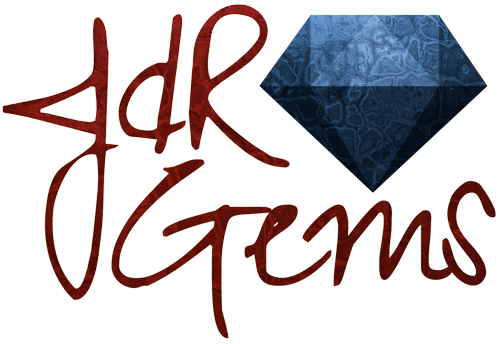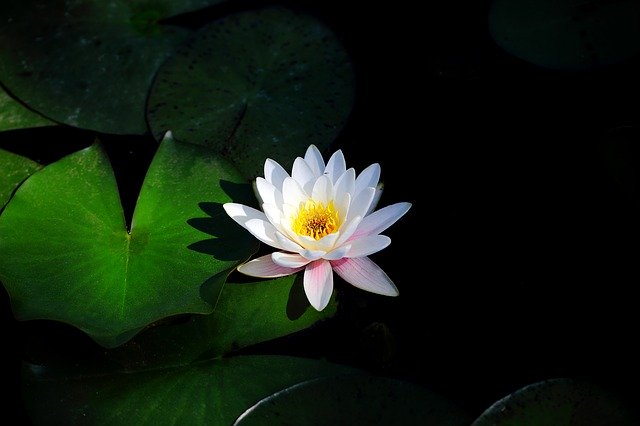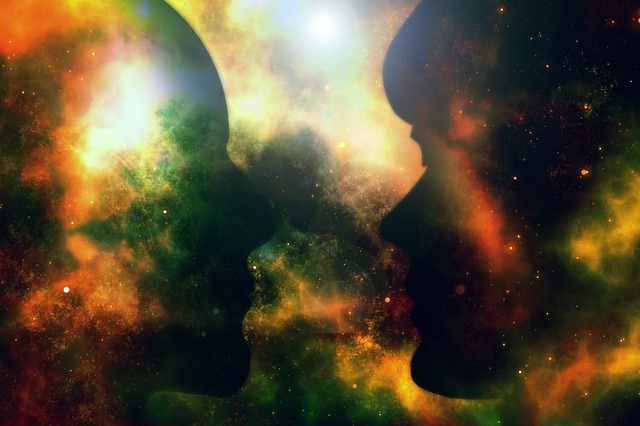Q: My question is: what is it that I most need to hear?
John: The tiniest little bit that’s never changed. Throughout the decades of your life it’s been a constant, and without realizing it in your mind and in your understanding, it’s also your first love. It is your beloved. What that is, is most delicate okayness. Any time that you’ve turned to it and lived from it, even for a little bit of time, the fountain of goodness returns to your life.
That tiny little bit, that unconditioned okayness, that tender okayness within, just as is, is your home, and there isn’t anything that you need to do first for you to be that. There isn’t anything for you to change or address for you to be that. The moment you turn to it, you love it. You love it because just by being that tiny little bit, you are being pure you, and you have it without a process, without effort.
As with anything, it will only have the power that you give it. When you’re not in that most delicate okayness within, that tells you that you’ve been giving your power to the wrong thing and you’re free to turn it around.
There isn’t anything that prevents you: not your past, not the condition of your self, not your circumstances, and no one else. When you see this for what it really is, you, awareness, have ultimate power.
You live your life from within that tiny, tiny little bit.
Q: Thank you.




